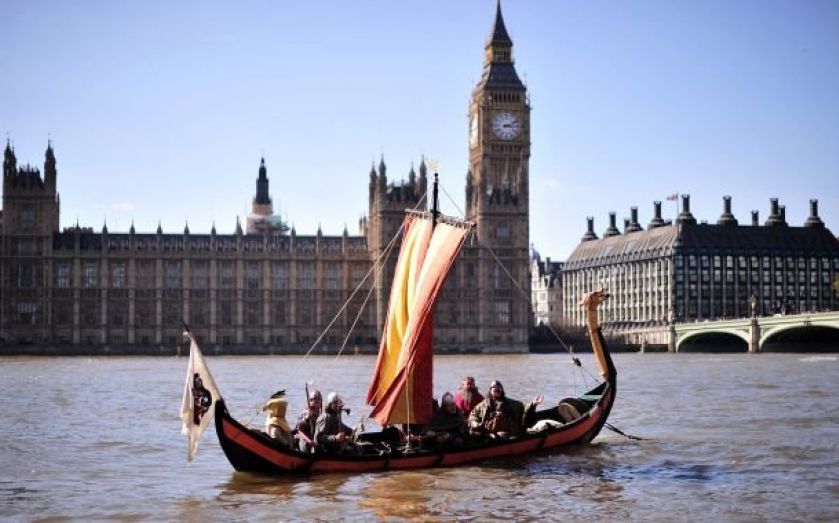| Updated:
From Danish sperm and Ukip voters to banking stress tests and Tesco’s criminal probe: 10 things we learned this week

There was plenty keeping us busy this week, and not all of it was Halloween related. What were the top 10 things we learned?
1. An inadvertent comment by a Royal Bank of Canada employee cost the firm several million dollars. The bank had been working on the record-breaking Alibaba IPO but voluntarily withdrew from the deal. If ever there was a facepalm moment, that was it.
2. A criminal investigation into Tesco's accounting irregularities has been launched by the Serious Fraud Office, but investors were non-plussed. Why? It seems the SFO has as much to prove as the supermarket itself.
3. The UK is having to import sperm from Denmark to keep up with demand, leading to the possibility we could have a second wave of Viking babies (the first, of course, starting with the destruction of Lindisfarne back in 793. It took William the Conqueror to end the Viking era, but this time around it's hoped a new project to increase sperm donations will do the trick.
4. British banks survived the EU's stress test – but the Bank of England has warned them not to become too complacent about meeting what one analyst dismissed as “relatively lightweight” criteria. However the BoE's minimum leverage ratio requirement was raised to 4.05 per cent, lower than the five per cent analysts had been expecting.
5. This autumn hasn't been as warm as we thought. Turns out temperatures this October have actually come in below average, looking back over the past 20 years. That hasn't stopped clothing companies including Next and SuperGroup from blaming poor sales on “unseasonably” warm weather though.
6. The premium property market is hotting up, however. More million-pound properties were sold in London this year than ever before. Most of these were, naturally, in London, specifically Kensington and Chelsea, Westminster and Wandsworth.
7. Ukip is targeting constituencies whose residents tend to be older, less wealthy and less qualified than the national average. Most of these seats are clustered in the south and around the coasts of England, with all but two being held by Tories. With the Rochester and Strood by-election swinging closer to a purple victory, the traditional parties will need to pull all the stops out.
8. After nearly six years, the US brought its quantitative easing programme to an end, with markets dropping only slightly as a result. The bigger surprise was the Bank of Japan's decision to vastly expand its own programme and the hint that the Eurozone could follow suit.
9. The UK was ranked as the eighth best place in the world to do business. But it's easier to start a new one in Ireland. Taxes are also more business friendly on the Emerald Isle, and trading across borders is easier.
10. Banks' forex costs are growing. This week it was revealed that Barclays has earmarked £500m and RBS has put £400m aside. That brings the total so far to a whopping £3.68bn – although that figure is likely to rise further.